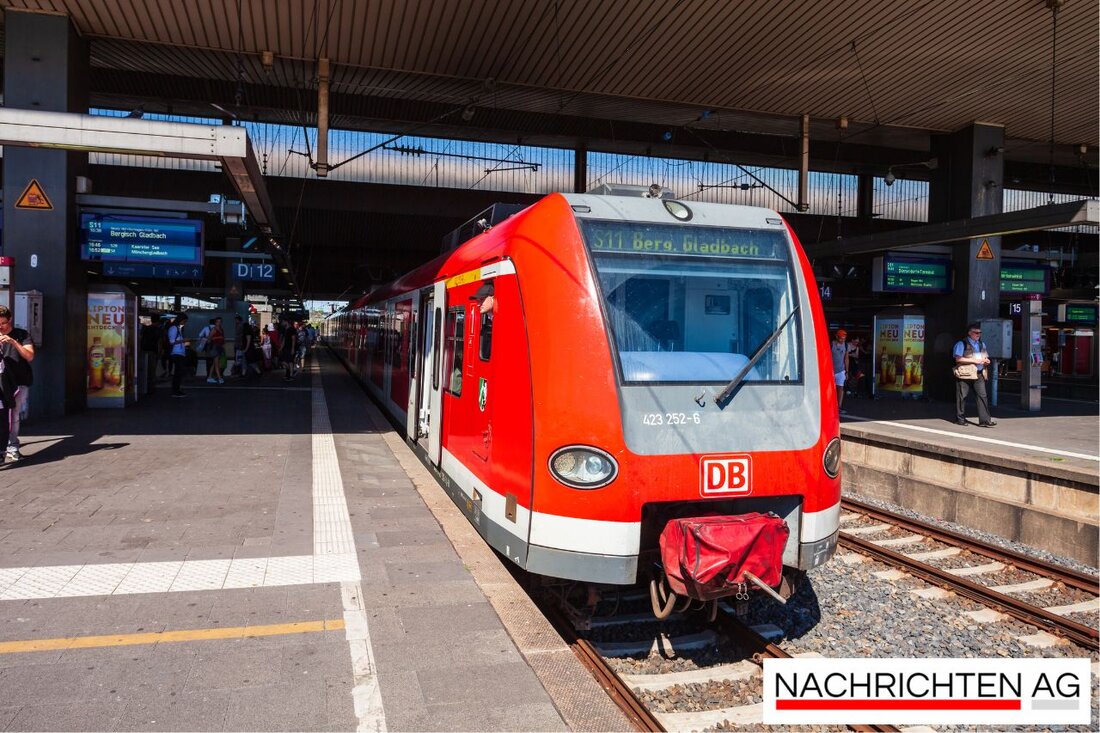Battery trains bring a breath of fresh air to Mecklenburg's local transport!
Mecklenburg-Western Pomerania will introduce battery-powered trains in local transport from 2027 to promote environmentally friendly mobility.

Battery trains bring a breath of fresh air to Mecklenburg's local transport!
The future of rail transport in Mecklenburg-Western Pomerania looks promising. The first battery trains are expected to be in use here from the end of 2027. The private East German Railway Company (Odeg) plans to implement 14 of these environmentally friendly trains in West Mecklenburg. The popular routes served by the Odeg include the routes from Rehna via Schwerin to Parchim, Parchim to Hagenow Stadt, and Waren (Müritz) to Malchow as well as seasonal traffic on the southern railway from Malchow/Parchim to Plau am See.
But the Odeg is not alone on this mission. Deutsche Bahn also plans to introduce its first battery-powered trains in the Warnow II local transport network from 2026. The planned routes that will open up the southeast coast of Mecklenburg-Western Pomerania are Wismar to Rostock and Bad Doberan to Graal-Müritz. How n-tv reported, the trains are supplied by the Stadler company and have a range of around 100 kilometers. They can be used not only on electrically operated routes, but also on many non-electrified routes where the electricity comes from the batteries.
Environmentally friendly local transport
The decision to use battery trains represents an important step towards climate neutrality. Deutsche Bahn has the goal of becoming climate neutral by 2040. This is supported by the development and promotion of low-emission drive technologies. Around 80 percent of the non-electrified routes in Germany can be traveled with these new trains, which offer a climate-friendly alternative to the conventional diesel trains that have so far represented the majority of regional transport. The comfort of these trains is also worth mentioning: They offer a total of 99 seats, twelve bicycle parking spaces and modern features such as WiFi, sockets and wheelchair-accessible toilets.
The Odeg maintenance workshop in Parchim is now being upgraded. The company is investing 18 million euros for this, with 11 million euros being funded by the state of Mecklenburg-Western Pomerania. This shows how serious the operators are about their plan to raise local transport in this region to a new, sustainable level.
Experiences from other federal states
The first battery trains are already in use in other German federal states such as Schleswig-Holstein and are gaining important practical experience. Alstom and Deutsche Bahn are already testing the first battery-powered train in regional transport. It's not just about a technical innovation, but also about how these trains can be integrated into everyday life. The test operation has already provided valuable insights that should further advance the transport transition.
The traffic light for climate-friendly mobility is green in Mecklenburg-Western Pomerania - and the course has been set for modern and environmentally conscious local transport.
The development of these technologies not only enables a better travel experience for passengers, but also makes an important contribution to reducing transport emissions. With the upcoming use of battery-powered trains in local transport, Mecklenburg-Western Pomerania could soon become a pioneer for the transport transition in Germany.

 Suche
Suche
 Mein Konto
Mein Konto